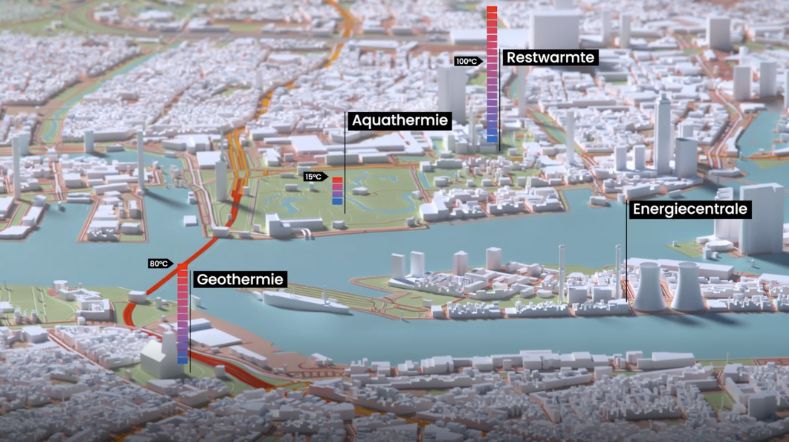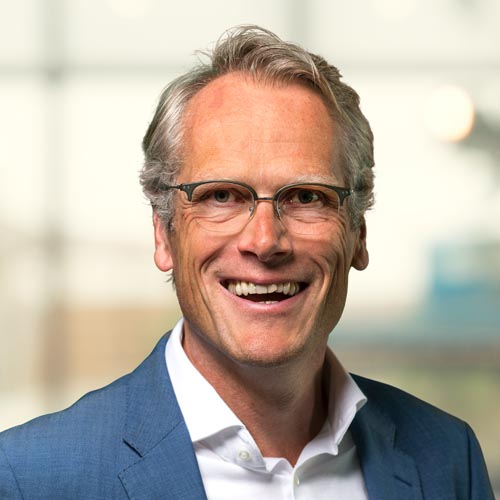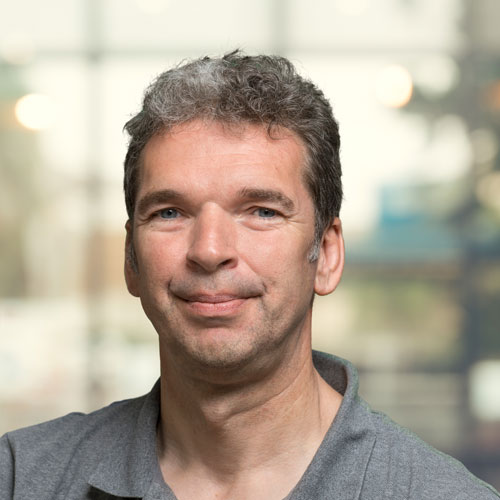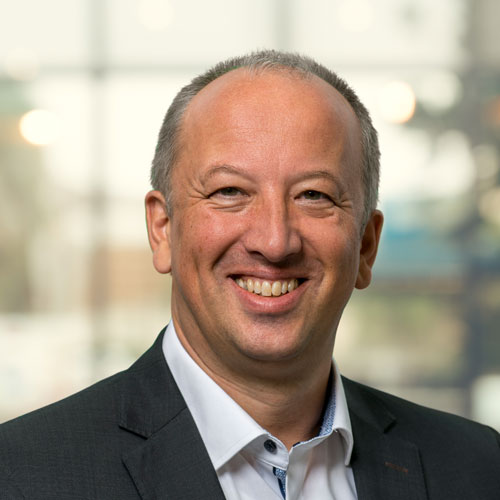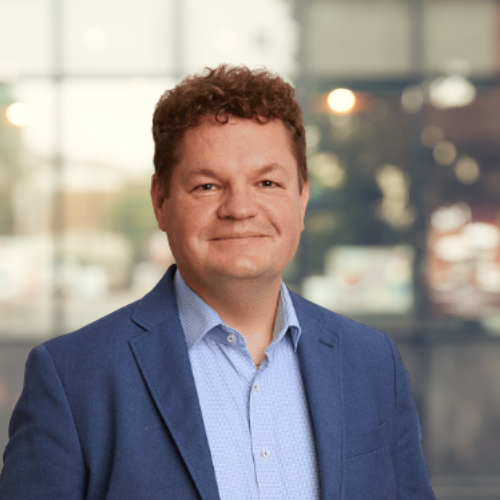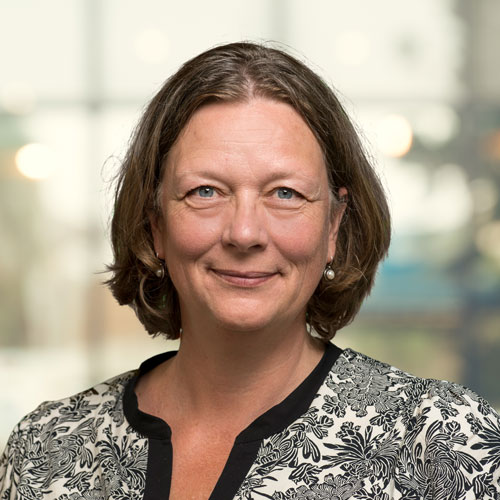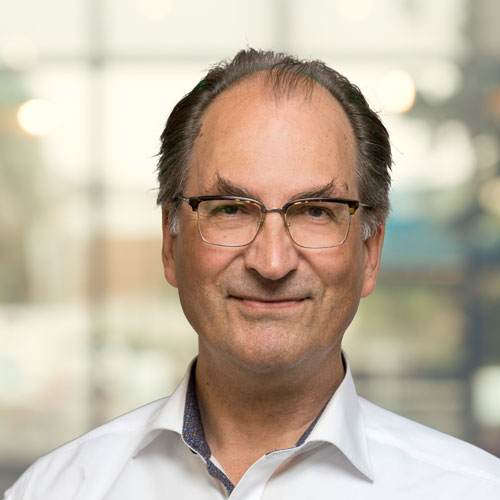
Energy & Materials Transition
TNO is working towards a sustainable, circular and climate-neutral society where everyone has access to energy, heat and raw materials. With a broad portfolio of research and innovation, we accelerate the energy transition together with our partners. We provide knowledge, a systemic perspective and effective solutions, enabling businesses and governments in the Netherlands and across Europe to make informed decisions and seize opportunities for a liveable world by 2050.
Six Domains
We are building a future in which energy, raw materials and space are used sustainably. In doing so, we support the transition to a circular economy. To achieve this, we research, develop, connect and accelerate: from fundamental knowledge to practical applications, and from collaboration across the value chain to real-world implementation. In this way, we contribute to a resilient society that is prepared for ecological and economic challenges.
We focus on six strategic domains:
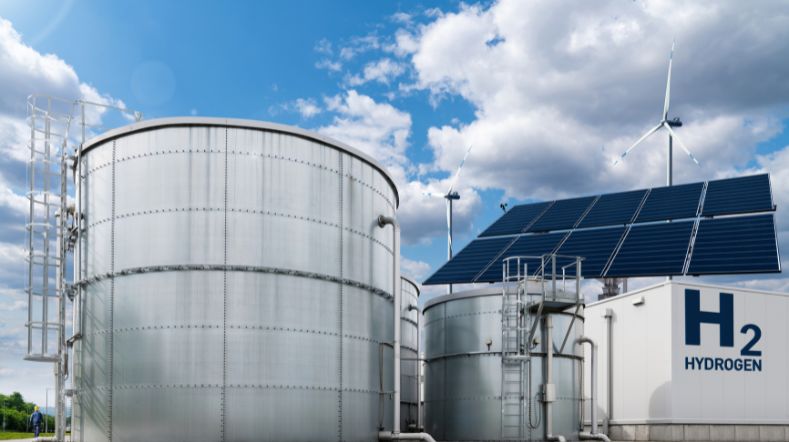
Future proof energy system
A sustainable, climate-neutral energy system requires smart, flexible and resilient solutions. We are working on technological and systemic innovations that help to better align supply and demand, prevent overload and accelerate the energy transition.
Critical raw materials
Critical raw materials are essential for products such as electric cars and smartphones, yet Europe is highly dependent on other countries for these resources. This vulnerability calls for recycling, alternatives and better insight into availability. In this way, we strengthen strategic autonomy and protect vital sectors. We reduce dependency and increase security of supply.
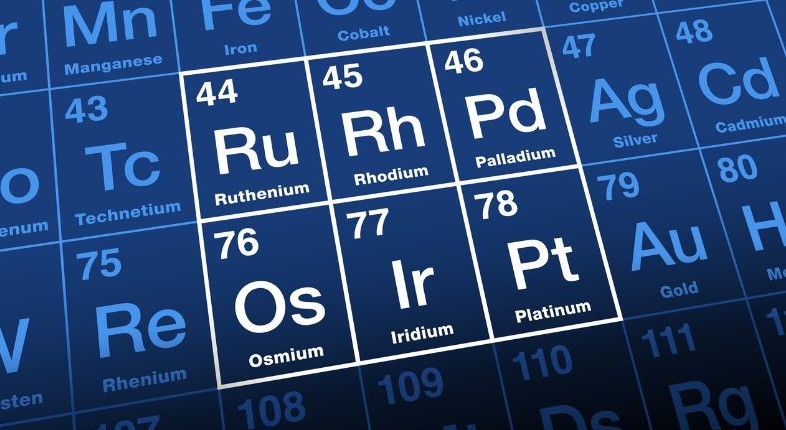
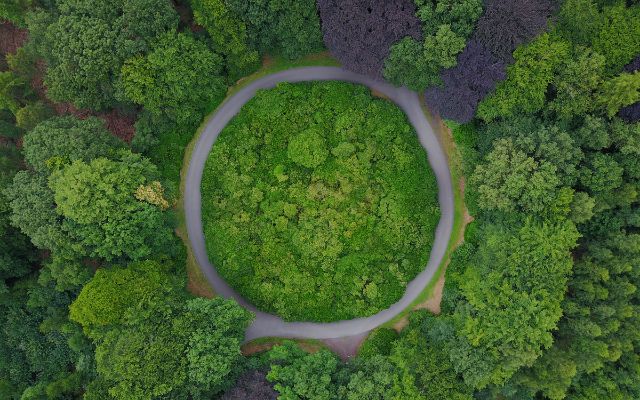
Safe and future-proof use of the subsurface
We focus on the safe and sustainable use of the subsurface for energy and raw materials, responsible groundwater management and future-proof land use. Businesses and governments rely on our data and insights for effective decision-making.
CO₂-neutral industry
We focus on creating a CO₂-neutral, circular and competitive chemical and process industry. We promote innovations in circular raw materials, renewable energy, sustainable materials and the safe, efficient storage and transport of energy and chemicals.
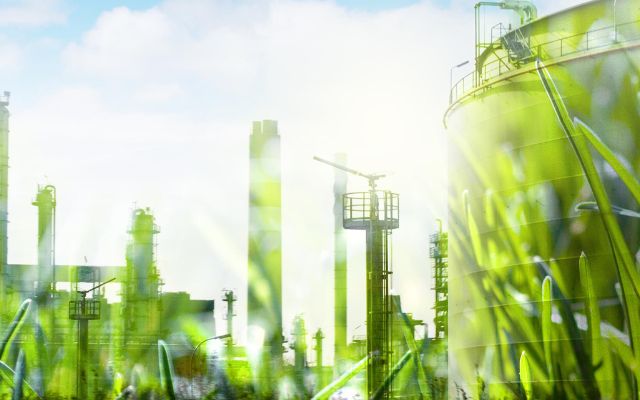
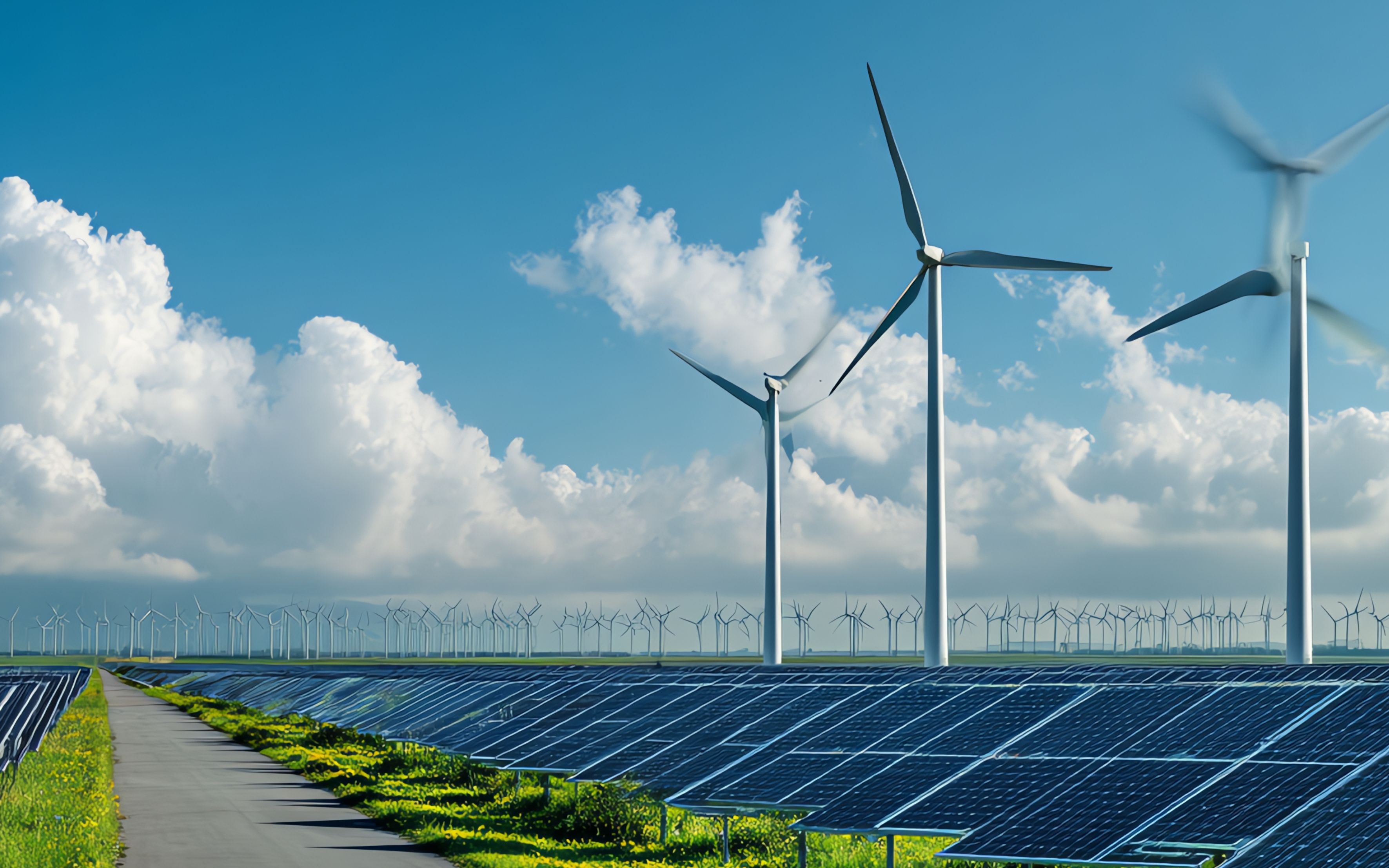
Sustainable energy supply
We are working on a climate-neutral energy system. We combine sustainable sources and energy carriers (such as solar, wind, heat, hydrogen and electricity) to keep the system reliable and affordable. We improve wind turbines, make solar energy more efficient and suitable for various applications. In addition, we contribute to the circular production of all components of wind and solar energy systems.
Well-founded policy and behavioural change
We make the effects of new policies and technologies transparent. We design systemic solutions, guide societal transitions and assess environmental impacts. In doing so, we help governments, industry and society to develop effective policies and a future-proof approach to circularity and sustainability.
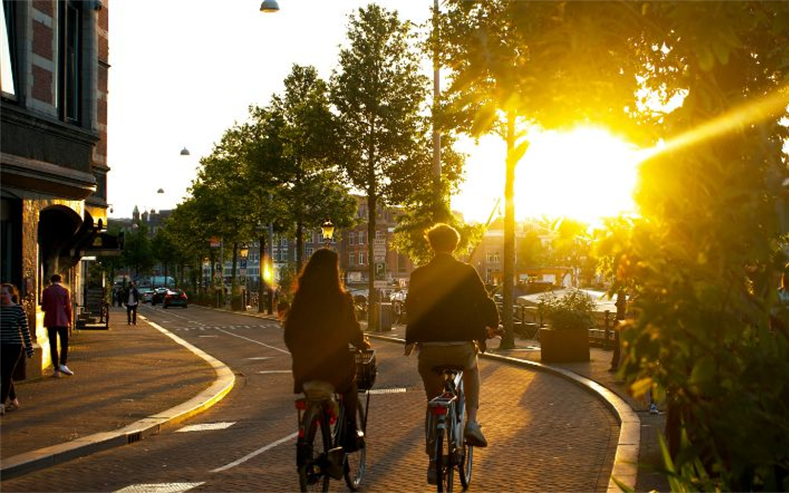
Expertise groups
Under Energy & Materials Transition (EMT), there are 19 expertise groups. These focus on accelerating the energy transition and promoting a circular economy. The expertise groups work in an interdisciplinary manner and collaborate with businesses, governments and knowledge institutions to speed up the transition to a climate-neutral and circular society.
- Advisory group for Economic Affairs
- Air Quality & Emissions Research
- Biobased & circular technology
- Circularity & Sustainability Impact
- CO2 reduction in the Netherlands
- Energy transition studies
- Environmental modelling, sensing & analysis
- Geo-Information Technology
- Geodata & Information Management
- GeoScience & Technology
- Heat transfer & fluid dynamics
- Hydrology & Reservoir Engineering
- Materials solutions
- Solar technologies & applications
- Solar energy
- Subsurface Modelling
- Sustainable process & energy systems
- Sustainable technologies for industrial processes
- Wind energy
Get inspired
Smart networks for a future-proof energy system
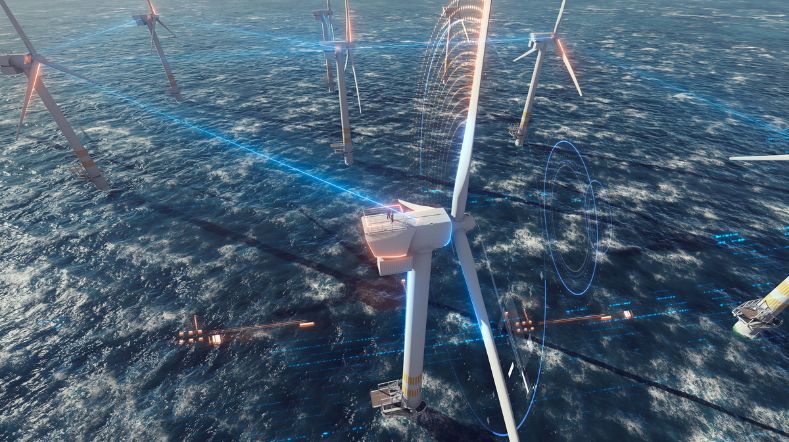

An innovative view on particulate matter
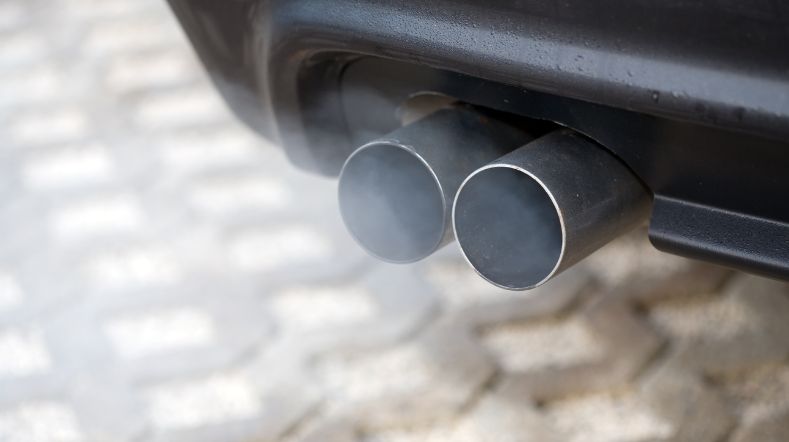

Geothermal energy: sustainable heat from the subsurface
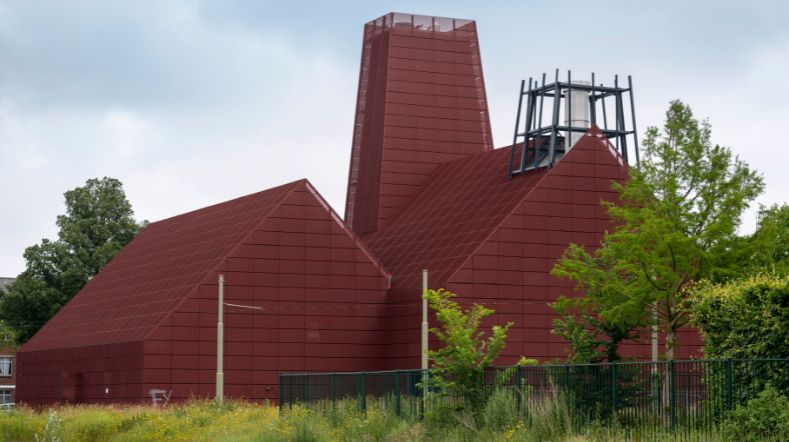

Smarter storage: how TNO optimises thermal energy storage
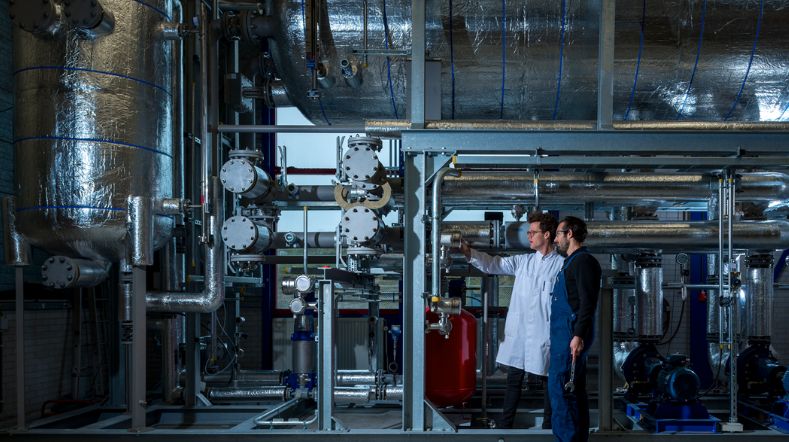

Heat system integration: aligning all the pieces
